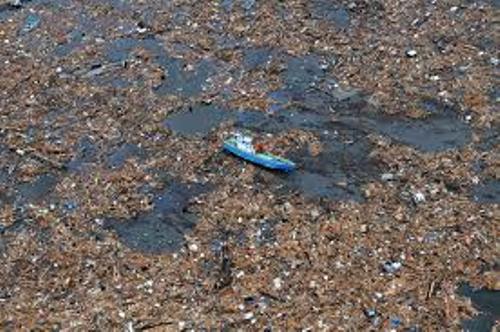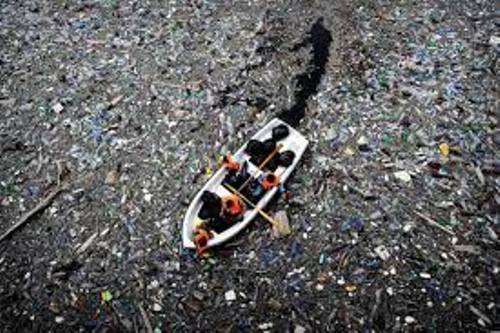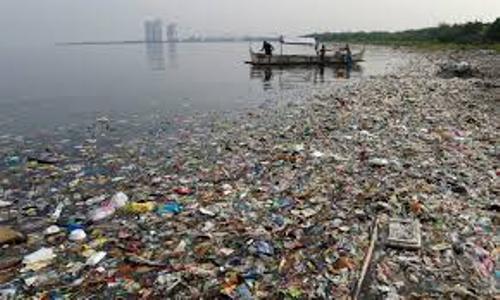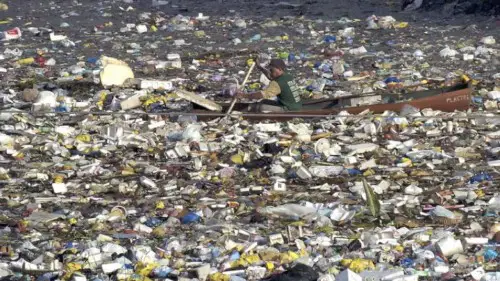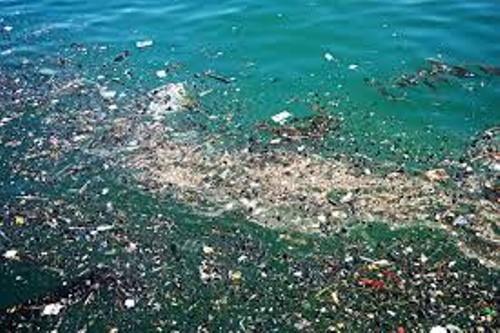10 Interesting the Great Pacific Garbage Patch Facts
Let me show you the useful information about a gyre of marine debris particles on The Great Pacific Garbage Patch Facts. People often call it as Pacific trash vortex too. The location of this path is in the central North Pacific Ocean. It contains different types of debris particles such as chemical sludge, pelagic plastic and others. Due to the presence of North Pacific Gyre currents, all of them are trapped here. Check other facts about The Great Pacific Garbage Patch below:
The Great Pacific Garbage Patch Facts 1: the extension of the garbage patch
The extension of the garbage patch will be affected by the presence of the plastic concentration in the area.
The Great Pacific Garbage Patch Facts 2: the visual images
The visual images of the plastic and other debris cannot be captured from the satellite photography because all of them are extended on the large area. Each cubic meter of the area is only affected by four particles. Thus, it has a very low density. Get facts about the Florida Everglades here.
The Great Pacific Garbage Patch Facts 3: the upper part of the Great Pacific Garbage Patch
The upper part of the water in Great Pacific Garbage Patch is often affected by the microscopic particles.
The Great Pacific Garbage Patch Facts 4: the prediction
National Oceanic and Atmospheric Administration (NOAA) of the United State had predicted the presence of Great Pacific Garbage Patch in a paper released in 1988.
The Great Pacific Garbage Patch Facts 5: how to make the prediction
The prediction related to the garbage patch in the Pacific Ocean occurred based on researches of Alaskan experts. They were in the North Pacific Ocean to measure the neustonic plastic in 1985 until 1988.
The Great Pacific Garbage Patch Facts 6: the marine debris
The Alaskan researchers believed that the marine debris was accumulated in the area in high concentration because of the ocean currents. Look at facts about the Coorong here.
The Great Pacific Garbage Patch Facts 7: the similar condition
The similar condition of accumulated marine debris was predicted by the researchers to occur in other parts of the parts of Pacific.
The Great Pacific Garbage Patch Facts 8: Charles J. Moore
In 1999 Charles J. Moore finished his Transpac sailing race. He encountered a long extension of floating debris in the North Pacific Gyre on his way to the home.
The Great Pacific Garbage Patch Facts 9: Curtis Ebbesmeyer
Curtis Ebbesmeyer coined the term EGP or Eastern Garbage Patch to call the region filled with marine debris. He was an oceanographer.
The Great Pacific Garbage Patch Facts 10: the naked eyes
It is not easy to find out the marine debris in Pacific Garbage Patch using the naked eyes due to the microscopic particles and small pieces.
What do you think on facts about the Great Pacific Garbage Patch?
